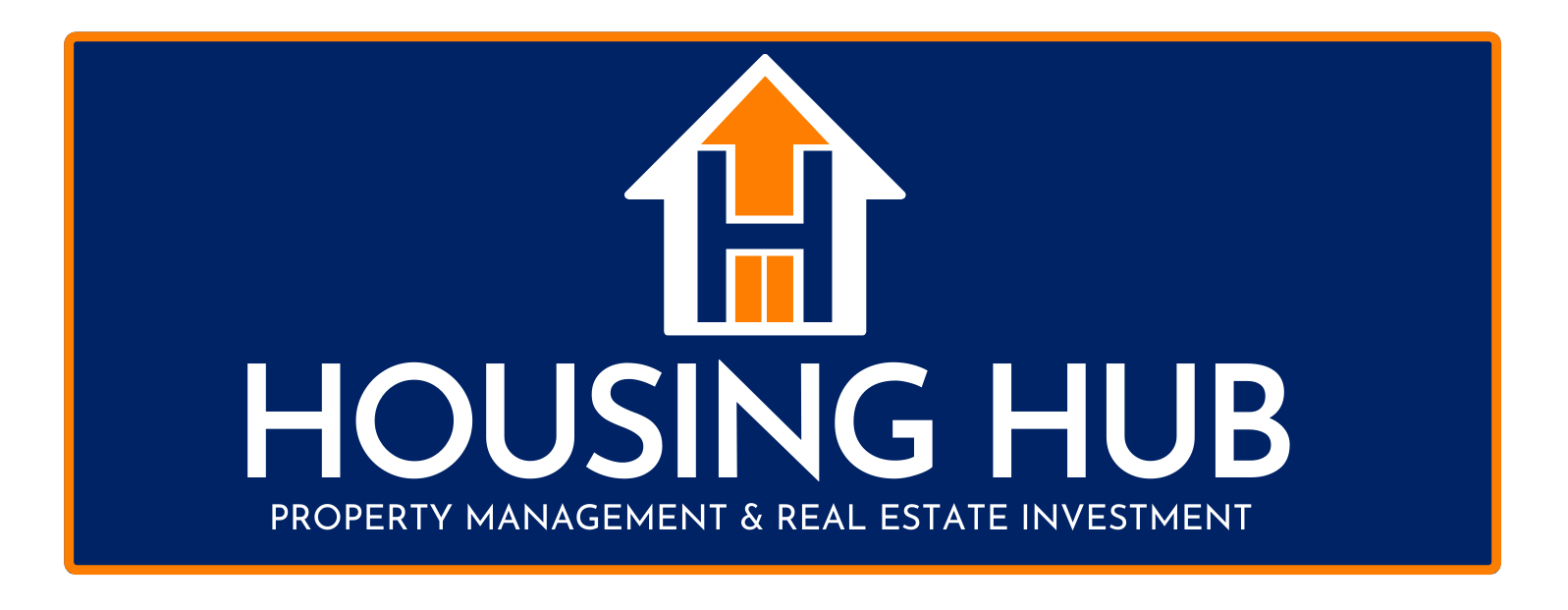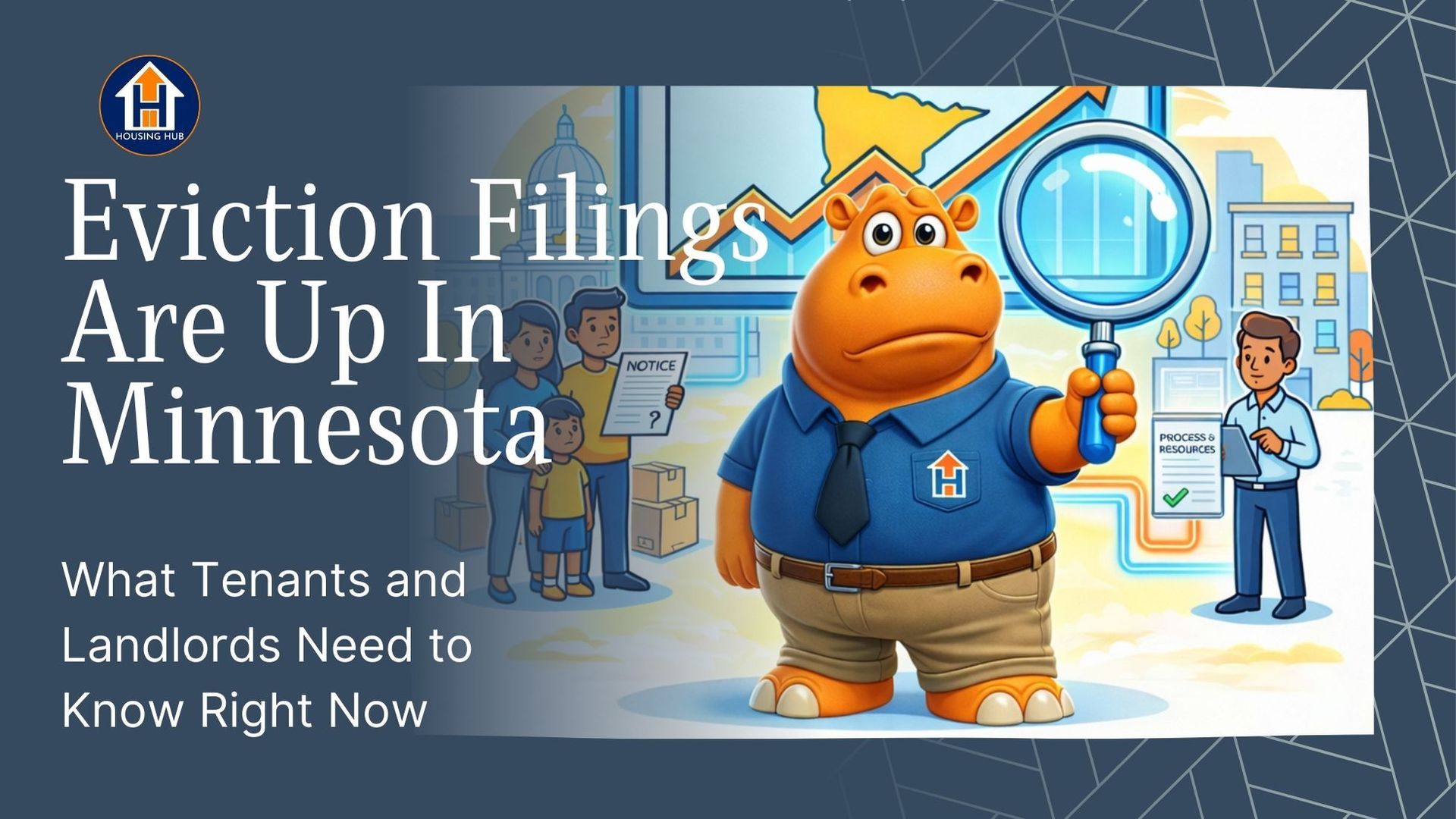Simple Steps for First-Time Landlords in the Twin Cities
Becoming a landlord for the first time can be both exciting and daunting. Whether you own a single-family home, a duplex, or an apartment, understanding how to manage your property effectively is critical to success. Minneapolis and St. Paul have unique challenges and opportunities for new landlords.
Getting your property ready and setting the right rental price are vital parts of the process. With the right approach, you can build positive relationships with your tenants and maintain your property efficiently.
Preparing Your Rental Property
Before you list your rental property, a few key steps need attention. Start by conducting a thorough inspection. Look for any necessary repairs or updates to make your property attractive to tenants. Fix leaky faucets, repair damaged walls, and ensure all appliances are in good working condition. A well-maintained property will draw in more potential renters.
Next, clean and declutter the space. Clean carpets, mop floors, and ensure all surfaces are spotless. Consider adding a fresh coat of paint to give the property a clean and updated look. Staging the home with basic furnishings can also help tenants visualize living there. Once everything is set, take high-quality photos for your listing. Good images can make a significant difference in attracting interest.
Setting a competitive rental price is also vital. Research similar properties in your area to see what they are charging. Look for rentals with the same number of bedrooms and bathrooms and similar amenities. Pricing your property too high can scare off potential tenants while setting it too low might not cover your costs. Finding that sweet spot ensures you attract reliable tenants quickly.
Understanding Local Rental Laws and Regulations
Being a landlord in the Twin Cities means complying with local rental laws. These rules are in place to protect both you and your tenants. First, familiarize yourself with Minnesota’s landlord-tenant laws. These rules cover everything from security deposits to the eviction process. Knowing these regulations helps avoid legal pitfalls and ensures a smooth renting process.
Rent control is another important consideration. Minneapolis and St. Paul have specific rent control policies that affect how much you can increase rent yearly. Check the latest guidelines to ensure you comply with these limits. Keeping within these boundaries will keep you on the right side of the law and help maintain good relationships with your tenants.
Tenant rights are equally significant. Ensure your lease agreements follow local laws regarding tenant protections. This includes habitability standards, privacy rights, and proper notice for entering the property. Providing a lease that complies with these standards builds trust and can make your renting experience much smoother. By understanding and following these laws, you can be a responsible and successful landlord.
Screening and Selecting the Right Tenants
A thorough screening process is essential for finding quality tenants. Start by setting clear criteria. Good credit scores, stable employment, and positive references are vital factors. This helps you find tenants more likely to pay rent on time and take care of your property.
Conducting interviews and background checks is also essential. You can ask potential tenants about their rental history, employment, and reasons for moving. Make sure to verify this information with references. Background checks, including credit and criminal records, provide additional insights into tenant reliability. Always follow fair housing laws to ensure a legal and fair screening process.
Lastly, be transparent with your expectations. Clearly state your rules and policies in the lease agreement. This could include pet policies, smoking rules, and maintenance responsibilities. Communication at this stage sets the tone for a positive landlord-tenant relationship.
Managing and Maintaining Your Property Effectively
Effective management keeps your property in good shape and your tenants happy. Regular maintenance tasks help prevent more significant problems. Perform seasonal upkeep, like clearing gutters in the fall and checking the HVAC system before winter. Routine inspections allow you to catch issues early, saving time and money.
Building positive relationships with your tenants is equally important. Good communication and quick responses to their concerns show you care. Aim to address maintenance requests promptly and keep an open line of communication for other issues. Happy tenants are more likely to stay longer and take better care of the property.
Handling issues calmly and professionally can also go a long way. If conflicts arise, address them directly and professionally. Whether it’s late rent or noise complaints, having clear policies helps resolve problems efficiently. You can enjoy a smoother, more rewarding landlord experience by managing your property well.
Conclusion
Becoming a first-time landlord in the Twin Cities can be fulfilling with the right approach. Preparing your property thoroughly and understanding local laws lay a strong foundation. Carefully screening tenants ensures you select reliable individuals who will respect your property. Effective property management and maintenance keep your rental in good shape and foster good tenant relationships.
By following these steps, you can confidently navigate the responsibilities of a landlord. Whether you own one property or several, staying informed and proactive is essential. For more tips and expert property management guidance, contact Housing Hub. Our
property management company in St. Paul is here to help you achieve your rental property goals. Contact Housing Hub today to learn more about our services and how we can support your journey as a landlord.






